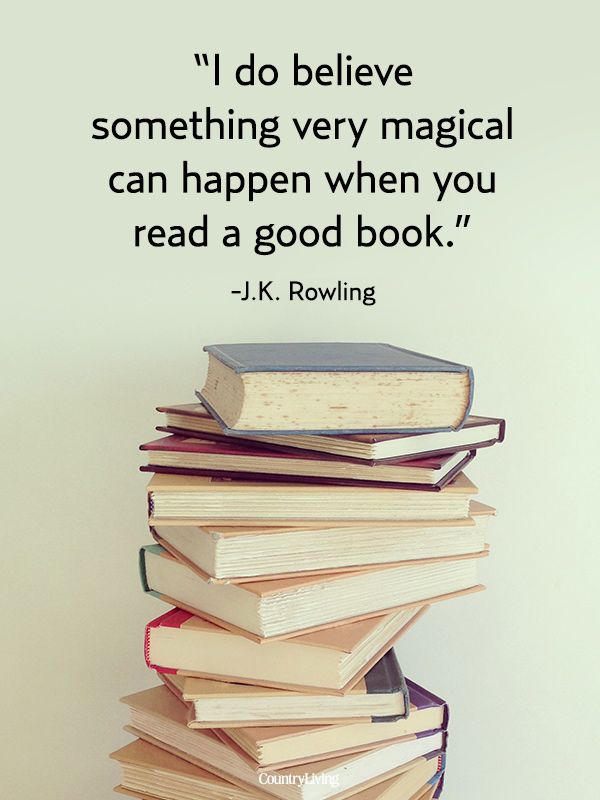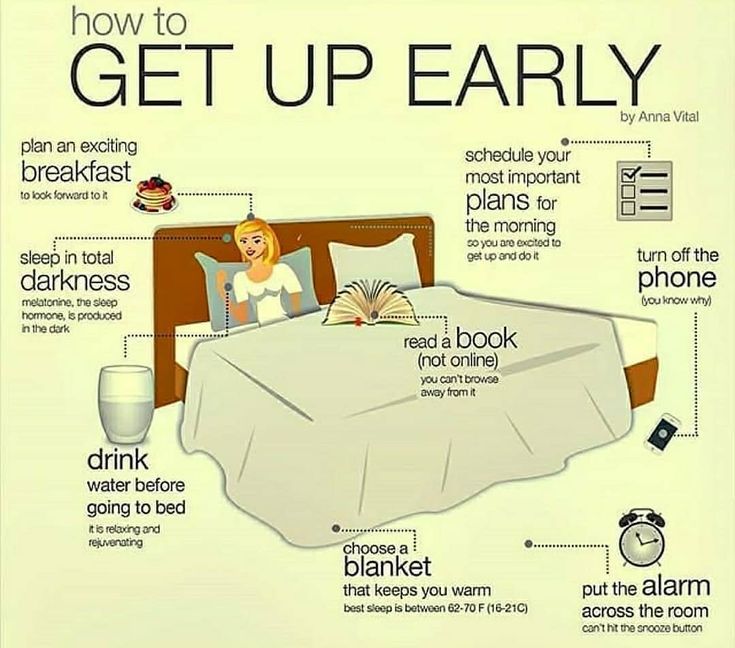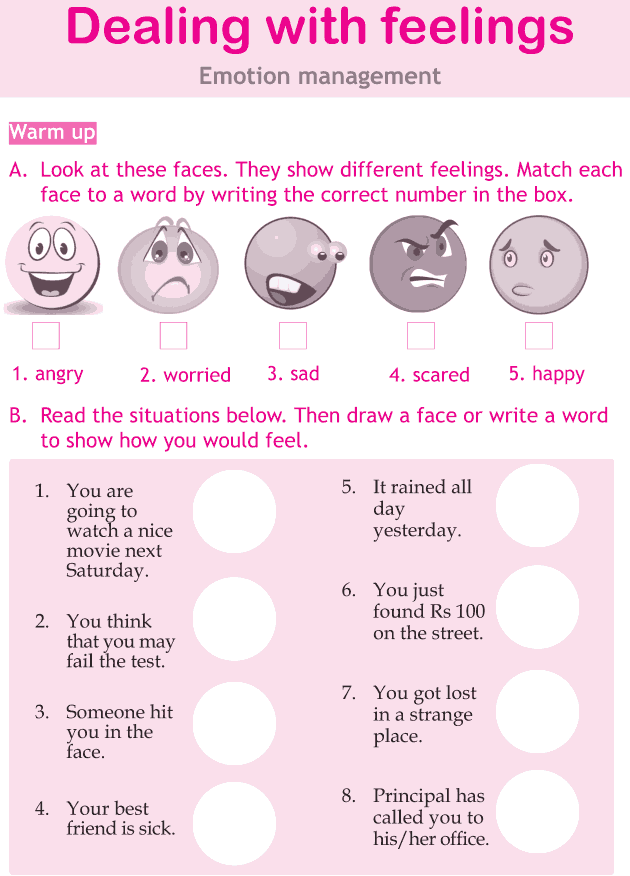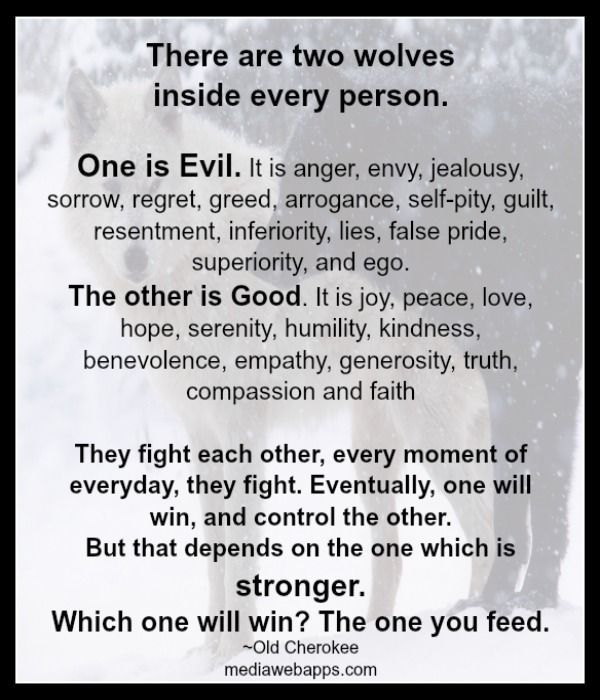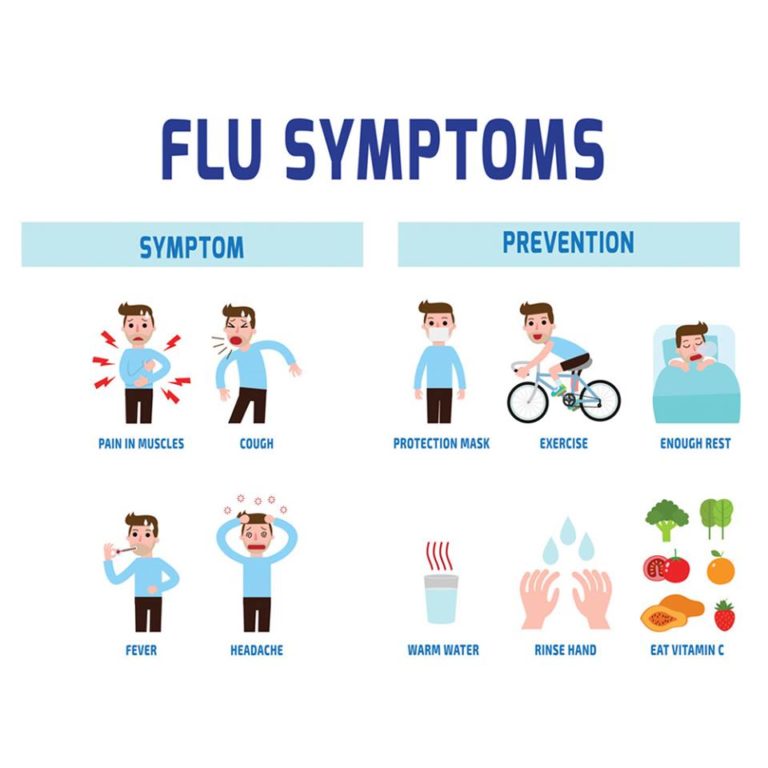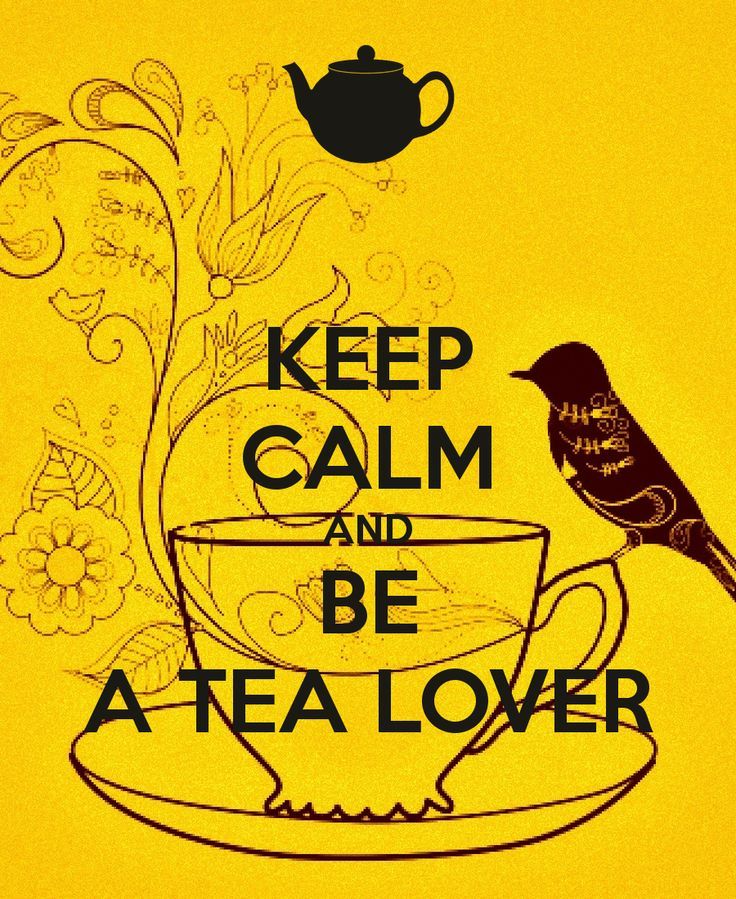Prediction of dreams
Examples, Causes, How to Stop
Dreams can provide a lot of information about your present state of mind, worries, and hopes for the future. But can they actually predict things that haven’t happened yet?
Precognitive dreams, in simple terms, are any dreams that give you information about the future you wouldn’t otherwise have.
Say you dream about your brother after not hearing from him for months. The next day, he gives you a call.
Or, maybe you wake from a dream with some unpleasant emotions, like terror or disappointment. This doesn’t seem meaningful until something frightens or disappoints you shortly afterward. You can’t recall any specific dream details, but you have the exact same feelings.
Having a precognitive experience may unsettle you, even when you don’t put much stock in future-telling.
Read on to learn more about potential scientific explanations for these dreams and how to go about dealing with them.
While scientific research hasn’t found evidence to support the idea of prophetic dreams, people do commonly report dreaming about events or circumstances that later happened.
You might have heard of these famous examples.
Aberfan landslide
Nearly 150 children and adults were killed in 1966 when waste from a coal mine buried a school in South Wales.
When psychiatrist John Barker visited the town and spoke to many of the residents, he realized many of them had experienced some type of premonition about the disaster.
Even some of the children who had died had mentioned dreams and premonitions of dying in the days before the landslide.
Barker advertised in a London newspaper, asking anyone who had experienced a premonition before the landslide to send a written account. He received more than 60 replies, about half of which mentioned a dream of the disaster.
Lincoln’s death
About 2 weeks before his assassination, President Abraham Lincoln described a recent dream to his wife and a few of his friends.
He dreamed of walking through the White House until he came upon his own corpse, guarded and lying in state in the East Room — exactly where his casket rested after his death.
Carl Jung
Jung, one of the key founders of modern psychotherapy, also reported several precognitive dreams and experiences.
One of his dreams appeared to warn him of his mother’s death. He also described a series of three dreams in early 1914 that involved a “darkened” Europe in the grips of a catastrophe. Many people later connected these dreams to the start of World War I.
Some research suggests up to a third of people report some type of precognitive experience, often in the form of a dream that seemed to come true.
According to Psychology Today, informal surveys put this figure much higher, suggesting around half of the population has had some type of prophetic dream.
Results of surveys can sometimes become skewed, depending on who they involve. People with stronger belief in psychic experiences, including precognitive dreaming, tend to have a higher likelihood of interpreting dreams as precognitive.
People who don’t believe in psychic experiences, on the other hand, likely won’t even consider the possibility of their dreams predicting the future.
To sum up, until experts conduct more extensive research on precognitive dreams, there’s no way to determine how often they occur, or even if they truly do occur.
While science hasn’t found evidence to support the idea of truly prophetic dreams, experts have found a few alternative explanations.
Selective recall
According to 2014 research, selective recall is one possible cause.
Researchers gave 85 participants a fictional dream diary and true event diary, telling them the same student had written both as part of a separate study.
The event diary contained an entry that either confirmed or disconfirmed each dream recorded in the other diary.
They asked the participants to read both diaries and write down the dreams they remembered and any relevant diary events. They hypothesized that participants would remember more of the events that confirmed their dreams than events that did not.
Just as the researchers predicted, the participants had better recollection of their dreams confirmed by events in the diary. This selective recall was consistent across participants, regardless of their level of belief in precognitive dreams.
This selective recall was consistent across participants, regardless of their level of belief in precognitive dreams.
When an event in your daily life appears to parallel something that happened in a dream, you’re more likely to remember the similarities than note the differences.
Say you have a long, complicated dream about going for a walk in the woods, getting lost, losing your shoes, and missing your best friend’s birthday party. A few days later, you leave your shoes in the sand at the beach and the tide carries them away.
Even though only one small part of the dream occurred, your brain focuses on the part that happened correctly. That’s why your dream seems to predict your lost shoes, even though none of the other details fit.
Association of unrelated events
The research mentioned above also involved a second study with different participants. This study tested the idea that people who believed more strongly in precognitive dreams would have a greater tendency to make connections between unrelated events.
They asked 50 participants to read four different pairs of dream diaries and news articles and list as many connections as they could find. Those who reported higher levels of paranormal belief or belief in precognitive dreams specifically made more associations between the news articles and the dream diaries.
Here’s a real-life example:
You dream about fighting with someone. When you wake up, you recall feeling very angry. The next night, you dream about feeling very sad. Although you can’t recall many specifics, you do remember crying.
A few days later, you get into a car accident. No one gets hurt, but your nearly new car is pretty beat up. Feeling angry and sad about your car, you think back to those dreams you had.
Sure, they absolutely seem like a prediction of the accident, but there’s nothing directly connecting them.
Anger and sadness are both common emotions, so you might experience them for any number of reasons. And if they come up in your day to day, nothing’s stopping them from popping into your dreams, too.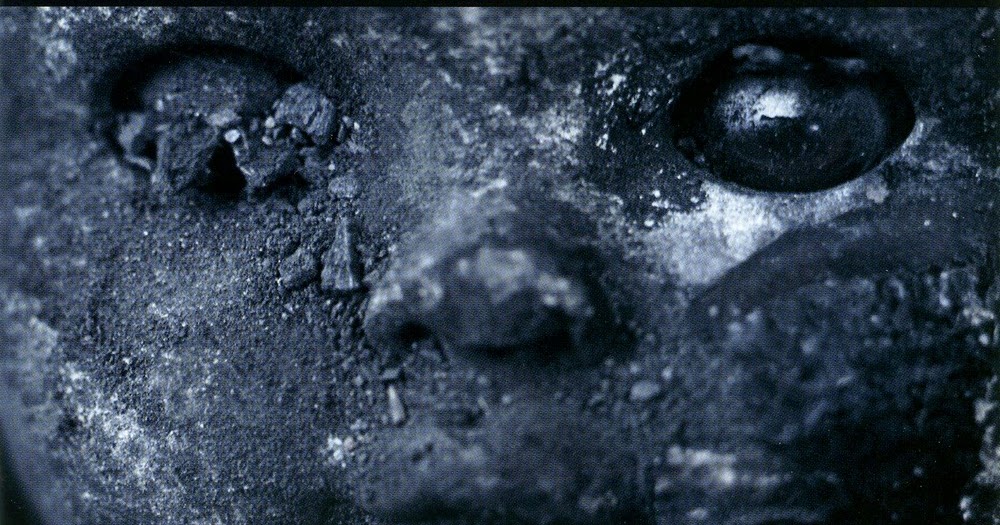
Coincidence
Another likely factor in precognitive dreams is simple coincidence.
Part of this lies in the law of large numbers: You’re going to have a ridiculously large number of dreams, on widely varying topics, over the course of your life. It’s only natural that occasionally something in your life will match up.
This isn’t just natural, it’s pretty much bound to happen at some point, as improbable as it might seem. And the more dreams you remember, the better chance you’ll experiencing something that seems to align.
Subconscious connections
It’s pretty common to dream about things you already think about often, especially things that worry you.
If you dream about breaking up with your partner and then really do break up, you might immediately remember your dream. But breakups generally don’t come out of nowhere.
Maybe you were having some issues that made you worry a breakup was coming. Even if you didn’t actively worry, the factors contributing were still present, so your dream could have come from your awareness of those problems.
Your mind can also make connections you don’t have any awareness of, and these can surface in your dreams.
Say you dream about a terrible fire. You wake up to read on social media that the local library caught fire in the middle of the night after a nearby tree was struck by lightning.
If it’s summer and you live in a dry area prone to fires, that could explain why fire is on your mind. Or maybe you half-heard a weather report predicting storms with a high chance of lightning, and your brain linked lightning to fire.
It’s been suggested that reports of precognitive dreams could become more common in times of widespread crisis.
Take Jung’s dreams about war. Plenty of concrete signs suggested the possibility of war. Jung himself remarked on the uneasiness he felt at the time.
When bad things happen around you, you’re more likely to have dreams reflecting this turmoil. When facing many unpleasant circumstances at once, in your personal life or the world at large, you’re even more likely to dream about something similar.
But that’s more a reflection of how deeply life experiences can affect your consciousness.
Persistent, troubling dreams can keep you from getting enough sleep, which can make you feel even worse. It’s bad enough to have to worry about things during the day. Sleep should provide a chance to recharge.
While you may not be able to stop dreaming entirely, you can address stress and reduce nightmares.
Decreasing stress in your waking life can help you get better sleep, so when you feel lonely, sad, or deeply affected by current events, talking to a therapist can help.
Therapy can help you learn to manage and cope with difficult emotions, which can help you feel more present during the day and better rested after a night of (peaceful) sleep.
Dreams that predict the future — could they be real?
The short answer: Who knows? Scientific research offers several more likely explanations, but experts still don’t fully understand the role of dreams.
So, let your dreams tell you what they will. But when they affect your rest, check out some new sleep habits.
Read this article in Spanish.
Crystal Raypole has previously worked as a writer and editor for GoodTherapy. Her fields of interest include Asian languages and literature, Japanese translation, cooking, natural sciences, sex positivity, and mental health. In particular, she’s committed to helping decrease stigma around mental health issues.
Examples, Causes, How to Stop
Dreams can provide a lot of information about your present state of mind, worries, and hopes for the future. But can they actually predict things that haven’t happened yet?
Precognitive dreams, in simple terms, are any dreams that give you information about the future you wouldn’t otherwise have.
Say you dream about your brother after not hearing from him for months. The next day, he gives you a call.
Or, maybe you wake from a dream with some unpleasant emotions, like terror or disappointment. This doesn’t seem meaningful until something frightens or disappoints you shortly afterward. You can’t recall any specific dream details, but you have the exact same feelings.
This doesn’t seem meaningful until something frightens or disappoints you shortly afterward. You can’t recall any specific dream details, but you have the exact same feelings.
Having a precognitive experience may unsettle you, even when you don’t put much stock in future-telling.
Read on to learn more about potential scientific explanations for these dreams and how to go about dealing with them.
While scientific research hasn’t found evidence to support the idea of prophetic dreams, people do commonly report dreaming about events or circumstances that later happened.
You might have heard of these famous examples.
Aberfan landslide
Nearly 150 children and adults were killed in 1966 when waste from a coal mine buried a school in South Wales.
When psychiatrist John Barker visited the town and spoke to many of the residents, he realized many of them had experienced some type of premonition about the disaster.
Even some of the children who had died had mentioned dreams and premonitions of dying in the days before the landslide.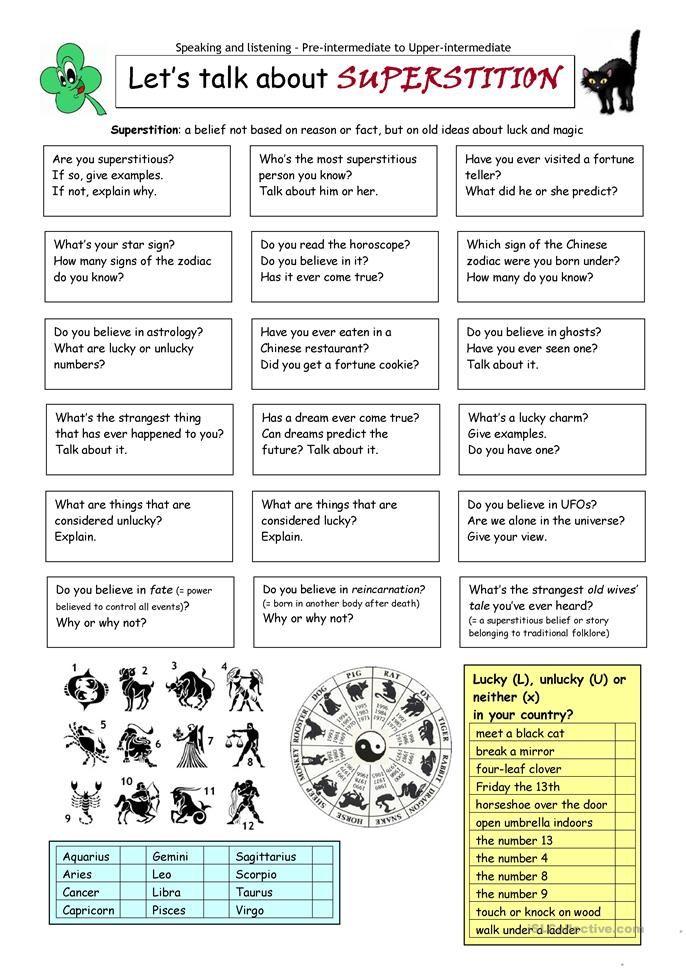
Barker advertised in a London newspaper, asking anyone who had experienced a premonition before the landslide to send a written account. He received more than 60 replies, about half of which mentioned a dream of the disaster.
Lincoln’s death
About 2 weeks before his assassination, President Abraham Lincoln described a recent dream to his wife and a few of his friends.
He dreamed of walking through the White House until he came upon his own corpse, guarded and lying in state in the East Room — exactly where his casket rested after his death.
Carl Jung
Jung, one of the key founders of modern psychotherapy, also reported several precognitive dreams and experiences.
One of his dreams appeared to warn him of his mother’s death. He also described a series of three dreams in early 1914 that involved a “darkened” Europe in the grips of a catastrophe. Many people later connected these dreams to the start of World War I.
Some research suggests up to a third of people report some type of precognitive experience, often in the form of a dream that seemed to come true.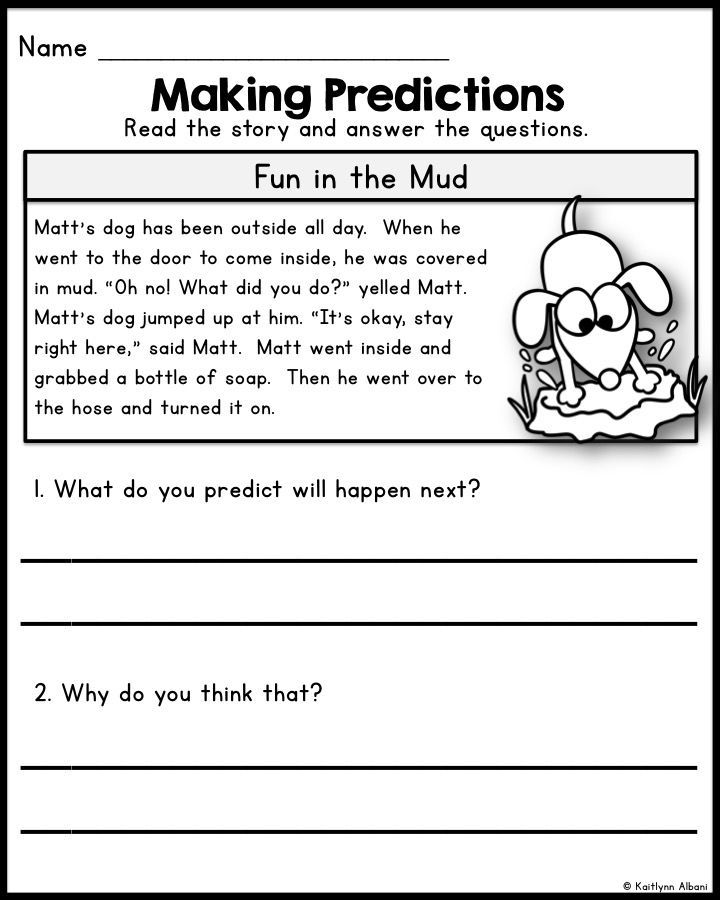
According to Psychology Today, informal surveys put this figure much higher, suggesting around half of the population has had some type of prophetic dream.
Results of surveys can sometimes become skewed, depending on who they involve. People with stronger belief in psychic experiences, including precognitive dreaming, tend to have a higher likelihood of interpreting dreams as precognitive.
People who don’t believe in psychic experiences, on the other hand, likely won’t even consider the possibility of their dreams predicting the future.
To sum up, until experts conduct more extensive research on precognitive dreams, there’s no way to determine how often they occur, or even if they truly do occur.
While science hasn’t found evidence to support the idea of truly prophetic dreams, experts have found a few alternative explanations.
Selective recall
According to 2014 research, selective recall is one possible cause.
Researchers gave 85 participants a fictional dream diary and true event diary, telling them the same student had written both as part of a separate study.
The event diary contained an entry that either confirmed or disconfirmed each dream recorded in the other diary.
They asked the participants to read both diaries and write down the dreams they remembered and any relevant diary events. They hypothesized that participants would remember more of the events that confirmed their dreams than events that did not.
Just as the researchers predicted, the participants had better recollection of their dreams confirmed by events in the diary. This selective recall was consistent across participants, regardless of their level of belief in precognitive dreams.
When an event in your daily life appears to parallel something that happened in a dream, you’re more likely to remember the similarities than note the differences.
Say you have a long, complicated dream about going for a walk in the woods, getting lost, losing your shoes, and missing your best friend’s birthday party. A few days later, you leave your shoes in the sand at the beach and the tide carries them away.
Even though only one small part of the dream occurred, your brain focuses on the part that happened correctly. That’s why your dream seems to predict your lost shoes, even though none of the other details fit.
Association of unrelated events
The research mentioned above also involved a second study with different participants. This study tested the idea that people who believed more strongly in precognitive dreams would have a greater tendency to make connections between unrelated events.
They asked 50 participants to read four different pairs of dream diaries and news articles and list as many connections as they could find. Those who reported higher levels of paranormal belief or belief in precognitive dreams specifically made more associations between the news articles and the dream diaries.
Here’s a real-life example:
You dream about fighting with someone. When you wake up, you recall feeling very angry. The next night, you dream about feeling very sad. Although you can’t recall many specifics, you do remember crying.
Although you can’t recall many specifics, you do remember crying.
A few days later, you get into a car accident. No one gets hurt, but your nearly new car is pretty beat up. Feeling angry and sad about your car, you think back to those dreams you had.
Sure, they absolutely seem like a prediction of the accident, but there’s nothing directly connecting them.
Anger and sadness are both common emotions, so you might experience them for any number of reasons. And if they come up in your day to day, nothing’s stopping them from popping into your dreams, too.
Coincidence
Another likely factor in precognitive dreams is simple coincidence.
Part of this lies in the law of large numbers: You’re going to have a ridiculously large number of dreams, on widely varying topics, over the course of your life. It’s only natural that occasionally something in your life will match up.
This isn’t just natural, it’s pretty much bound to happen at some point, as improbable as it might seem. And the more dreams you remember, the better chance you’ll experiencing something that seems to align.
And the more dreams you remember, the better chance you’ll experiencing something that seems to align.
Subconscious connections
It’s pretty common to dream about things you already think about often, especially things that worry you.
If you dream about breaking up with your partner and then really do break up, you might immediately remember your dream. But breakups generally don’t come out of nowhere.
Maybe you were having some issues that made you worry a breakup was coming. Even if you didn’t actively worry, the factors contributing were still present, so your dream could have come from your awareness of those problems.
Your mind can also make connections you don’t have any awareness of, and these can surface in your dreams.
Say you dream about a terrible fire. You wake up to read on social media that the local library caught fire in the middle of the night after a nearby tree was struck by lightning.
If it’s summer and you live in a dry area prone to fires, that could explain why fire is on your mind. Or maybe you half-heard a weather report predicting storms with a high chance of lightning, and your brain linked lightning to fire.
Or maybe you half-heard a weather report predicting storms with a high chance of lightning, and your brain linked lightning to fire.
It’s been suggested that reports of precognitive dreams could become more common in times of widespread crisis.
Take Jung’s dreams about war. Plenty of concrete signs suggested the possibility of war. Jung himself remarked on the uneasiness he felt at the time.
When bad things happen around you, you’re more likely to have dreams reflecting this turmoil. When facing many unpleasant circumstances at once, in your personal life or the world at large, you’re even more likely to dream about something similar.
But that’s more a reflection of how deeply life experiences can affect your consciousness.
Persistent, troubling dreams can keep you from getting enough sleep, which can make you feel even worse. It’s bad enough to have to worry about things during the day. Sleep should provide a chance to recharge.
While you may not be able to stop dreaming entirely, you can address stress and reduce nightmares.
Decreasing stress in your waking life can help you get better sleep, so when you feel lonely, sad, or deeply affected by current events, talking to a therapist can help.
Therapy can help you learn to manage and cope with difficult emotions, which can help you feel more present during the day and better rested after a night of (peaceful) sleep.
Dreams that predict the future — could they be real?
The short answer: Who knows? Scientific research offers several more likely explanations, but experts still don’t fully understand the role of dreams.
So, let your dreams tell you what they will. But when they affect your rest, check out some new sleep habits.
Read this article in Spanish.
Crystal Raypole has previously worked as a writer and editor for GoodTherapy. Her fields of interest include Asian languages and literature, Japanese translation, cooking, natural sciences, sex positivity, and mental health. In particular, she’s committed to helping decrease stigma around mental health issues.
interpretation of dreams free online, the meaning of dreams for women and men
Dreams and dreams are still a mystery to modern science. What's this? Dreams, subconscious, dreams or all together? From time immemorial, they have haunted many of us, we strive to unravel them and use dream books for this.
Sleep is a mystery. And we are now not only about the interpretation of dreams, but also about the process itself. We can say that this is a state opposite to wakefulness and is characterized by a reduced reaction to the world around 1 . There is no doubt that rest has a beneficial effect on cognitive functions, helps to cope with stress and has a positive effect on the psycho-emotional state 2 . But if we know at least something else about sleep, as a physiological process, then practically nothing about night visions.
The mystical properties attributed to night dreams have captured the minds of people since ancient times.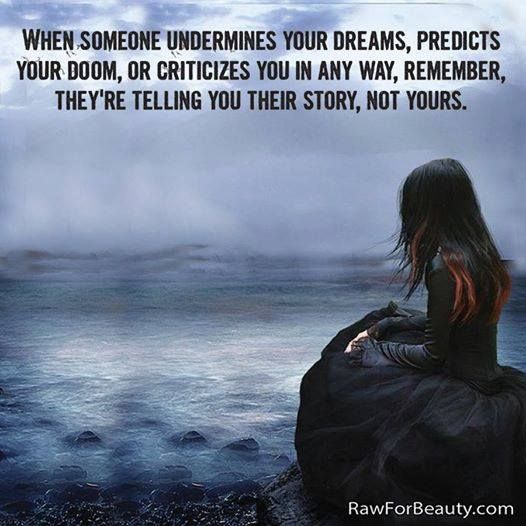 How the interpretation of dreams developed, what interpretations of dreams are, and why dream books are needed, we will describe below. nine0003
How the interpretation of dreams developed, what interpretations of dreams are, and why dream books are needed, we will describe below. nine0003
Why we dream
It is not known for certain why we dream. Some suggest that this is the appeal of the unconscious to us. Others hit into mysticism and look for answers to their questions in them or make attempts to predict the future. Many eminent psychologists, whose names you have probably heard more than once, also turned to dreams in an attempt to find clues and help people.
So why do we have dreams? They, like any process, have several functions 3 :
- Physiological manifestation function. Actually this is the time when the body rests and recovers.
- Compensatory is responsible for relieving psycho-emotional stress after an active day.
- Semantic is responsible for "recycling" everything that happened during the day. This function starts the process of saving information, creating images, meanings and the appearance of landmarks.

- Mythological or archetypal function reflects what is happening in life, "suggests" ways to solve problems. In other words, the brain in the form of dreams analyzes and builds various solutions to a particular situation. nine0022
- Religious function displays people's interpretation of their beliefs.
4th and 5th functions are important and interesting for the dream book.
Interesting facts about dreams
We have collected some interesting facts that will help you take a deeper and closer look at dreams and dreams.
| The first science of sleep | Oneirotherapy was the name of the first science that healed with the help of dreams. It originates in Ancient Greece and a whole rite was required for the treatment. The treatment took place in the asklepions (temples dedicated to the god of healing Asclepius) 4 . One of the most famous followers is Artemidorus of Daldian, author of Oneirocritica. This book is, in fact, the first interpreter of dreams in 5 volumes. This book is, in fact, the first interpreter of dreams in 5 volumes. |
| The importance of dreams | The body needs dreams. Almost everyone has them. At the very least, science doesn't know of healthy people who don't dream 5. |
| Benefits for the brain | Based on recent research, the brain literally detoxifies during sleep. Research will continue, but this is another step towards understanding the physiology of sleep 6 . |
| How we fall asleep | The hormone melatonin is responsible for the synchronization of circadian rhythms. In order not to delve into scientific research, we will call it a sleep hormone, which is not so far from the truth. The production of melatonin is tied to the dark time of the day and this usually happens about 8-10 hours a day. The peak production of the hormone occurs at 3-4 o'clock in the morning. |
Popular dream books
Dream books are a controversial phenomenon. But using them wisely and scientifically allows you not only to "look into the future", but also into yourself. Learn a little more about your desires, fears, obsessions. Skillful analysis will allow not only to randomly predict the future, but also to help yourself in the present. nine0003
But using them wisely and scientifically allows you not only to "look into the future", but also into yourself. Learn a little more about your desires, fears, obsessions. Skillful analysis will allow not only to randomly predict the future, but also to help yourself in the present. nine0003
Miller's Dream Book
Miller's Dream Book was written by the famous psychologist Gustav Hindman Miller. Actually, he gained fame after writing the work "Dream Interpretation, or the Interpretation of Dreams." The peculiarity of the book is that there is an appeal not only to psychology, but also an attempt to single out the same from a series of images in thousands of people. The author analyzed the elements that people dreamed about and collected information about previous events, as well as what happened to the person next. nine0003
Islamic dream book
Islamic dream book, as it is quite obvious, is based on the interpretation of the Koran and is associated with it. For Muslims, dreams are sacred phenomena that are given to us for a reason.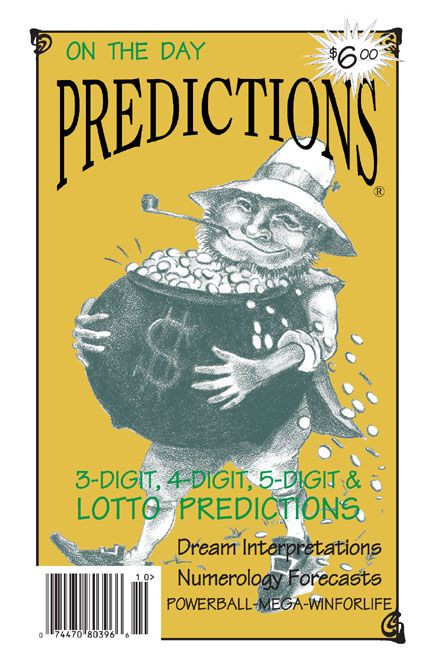
The analysis of dreams is not based on the images, feelings, thoughts and emotions that were caused by the vision, but on the basis of Holy Scripture and various interpretations.
Tsvetkov's dream book
One of the most popular dream books, written by Evgeny Petrovich Tsvetkov. A feature of the dream book is that dreams are divided into two categories: meaningless dreams that are quickly erased from memory and prophetic dreams. The correct interpretation will help not only to understand yourself and find additional motivation, but also to prevent unpleasant situations. According to the author, vivid and memorable dreams, inside which we experienced strong emotions, are of the greatest importance. nine0003
Wanga's dream book
It doesn't make much sense to talk about Vanga, the Bulgarian seer. Each of us at least once in our lives heard about her and her prophecies. But in addition to predicting future events, Vanga was engaged in the interpretation of dreams. And she was convinced that many people see future events in their dreams, but often not immediate, but very distant.
And she was convinced that many people see future events in their dreams, but often not immediate, but very distant.
A feature of her dream book is that it describes the most common and frequent visions, their interpretation. An extensive and detailed analysis of each image is given. To interpret what you see, you must first determine the symbolism of sleep, then remember minor details, and lastly evaluate your emotions during and after waking up. And then you can watch the interpretation in the dream book. nine0003
Freud's dream book
If not the most famous psychoanalyst, then definitely one of them. Each of us has heard about jokes “according to Freud”. Dreams for him were a projection of our subconscious desires and, also often, sexual desires.
Freud noticed that dreams are a reflection of our thoughts and images from real life, combined into bizarre plots. Let's be honest and say that Freud, as such, did not write a dream book. He has a popular scientific work, The Interpretation of Dreams. The interpretation of dreams occurs with the help of the question "about what?" The meaning is influenced not only by the plot, but also by any, even seemingly insignificant, details. nine0003
The interpretation of dreams occurs with the help of the question "about what?" The meaning is influenced not only by the plot, but also by any, even seemingly insignificant, details. nine0003
Hasse's dream book
The creator of this dream book is a mysterious person. All that is known is that it is customary to call her Miss or Mrs Hasse, and she was born in Milawa in Poland on March 25, 1954.
The dream book is written in a simple language, as accessible as possible to the majority. In it, the details of the dream play an important role, and not just the main plot.
No less important role in the interpretation of what is seen is played by the theory of numbers. Miss Hasse believed that each number has its own meaning and influences fate in a certain way. Therefore, it is important to consider the date when the dream was seen. nine0003
Esoteric dream book
Written by Elena Anopova. The dream book is based on the interpretation of subconscious images transmitted to us through a dream. It is more suitable for someone who is not "new" in the interpretation of dreams. For an accurate and correct interpretation of sleep according to an esoteric dream book, experience and an intuitive understanding of one's night visions are required. And this requires painstaking multi-day work.
It is more suitable for someone who is not "new" in the interpretation of dreams. For an accurate and correct interpretation of sleep according to an esoteric dream book, experience and an intuitive understanding of one's night visions are required. And this requires painstaking multi-day work.
Dream Interpretation of Nostradamus
Another very famous predictor on our list. Nostradamus, who lived in the 16th century, was engaged not only in the interpretation of dreams and the prediction of the future, but also in medicine and spent a lot of time fighting the plague. nine0003
From an early age, he noticed that his dreams predict future events, but this is done through associative images that need to be unraveled. Gradually, Nostradamus began to record dreams and their interpretation, which later resulted in a dream book. The author proposes to first analyze the dream as a whole, and then proceeds to particulars - details.
The dream book consists of two parts. The first gives an explanation of the individual images that can be seen in a dream. And in the second part, the pictures are explained, consisting of disparate images from the first part. nine0003 The mystical properties attributed to night dreams have captured the minds of people since ancient times. Photo: shutterstock.com
The first gives an explanation of the individual images that can be seen in a dream. And in the second part, the pictures are explained, consisting of disparate images from the first part. nine0003 The mystical properties attributed to night dreams have captured the minds of people since ancient times. Photo: shutterstock.com
Loff's Dream Book
Its author is David Loff, an American psychologist known for his theory of dream interpretation. A distinctive feature of the dream book is the author's belief that dreams are sent down to us by higher forces, which with their help transmit information to us. According to the author, each dream has two main characteristics that are important for interpretation:
- Human life stage - birth, education, etc.;
- Psycho-emotional state and everything that affects it - conflicts, self-doubt, neurosis, and so on.
Dream Interpretation Longo
Yuri Longo (Golovko) is another predictor from our list with a difficult fate. He was born in the Kuban in 1950 and died a mysterious death in 2006.
He was born in the Kuban in 1950 and died a mysterious death in 2006.
A distinctive feature of the dream book is its bidirectionality to the scientific and esoteric base. The dream book helps to reveal the deepest fears, desires and fears of a person. But it also allows you to look into the future, which makes it related to esoteric works. nine0003
Popular questions and answers
We tried to find answers to a number of popular questions related not only to dreams, but also to sonic. After all, each of them has its own characteristics, which are important to consider when using.
How to use the dream book?
In general, it depends on what you prefer and what you lean towards. First you need to remember the dream and write it down. Then highlight the brightest and most memorable events. With the help of associations, describe each significant episode using one word. And only after that, take the dream book in your hands and look for the meaning of the meaning.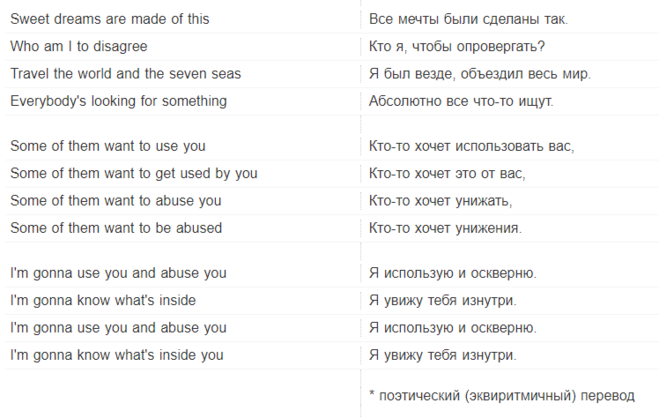 nine0003
nine0003
You may have to go through a few dream books, but what can you do, in order to unravel the mystery.
Why are there many dream books with different interpretations?
Actually, there are several of them for the same reason why there is, as a rule, more than one of everything else. There are different dream books with different directions. As we described above, there are works of an exclusively scientific orientation. There are esoteric dream books that will help you find answers not only to exciting questions, but also to look into the future. nine0003
Everyone chooses what he needs.
How to choose the right dream book?
It is best to choose a dream book based on your personal beliefs and preferences. After all, if you do not believe in predicting the future, especially in dreams, then why use the dream book of Vanga, Nostradamus or Longo? Refer to Freud or Loff.
What to pay attention to in a dream?
Here, first of all, you need to write down the dream in its entirety, as well as remember all the less significant details that you saw.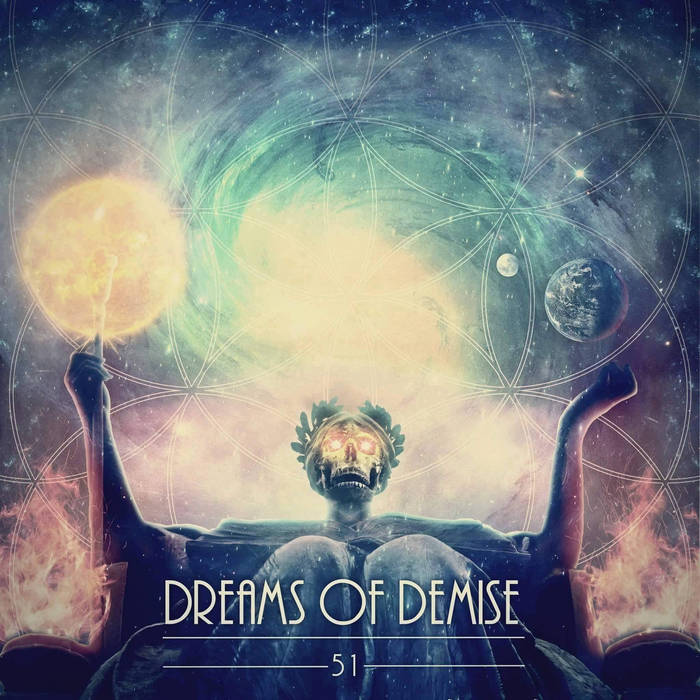 And then follow the instructions in the dream book itself. nine0003
And then follow the instructions in the dream book itself. nine0003
What is a dream diary?
Actually, this is a diary in which dreams are recorded. Here you can also add a description of feelings and emotions during and after sleep. You can write down your thoughts and conclusions about what you see.
Why don't you have dreams?
Dreams are a mysterious and not fully understood area of human life. More likely, you simply do not remember that you had dreams.
Whether you had them at all or not matters here. If not, and it doesn't bother you, don't worry. There are a number of external reasons due to which dreams can stop. First of all, these are injuries, both physical, especially head injuries, and psychological. In both cases, a doctor, neurologist or psychiatrist will help you. nine0003
The lack of dreams is also associated with excessively good imagination, when the unconscious is enough to connect with you through fantasies and it does not need to “sneak” into dreams.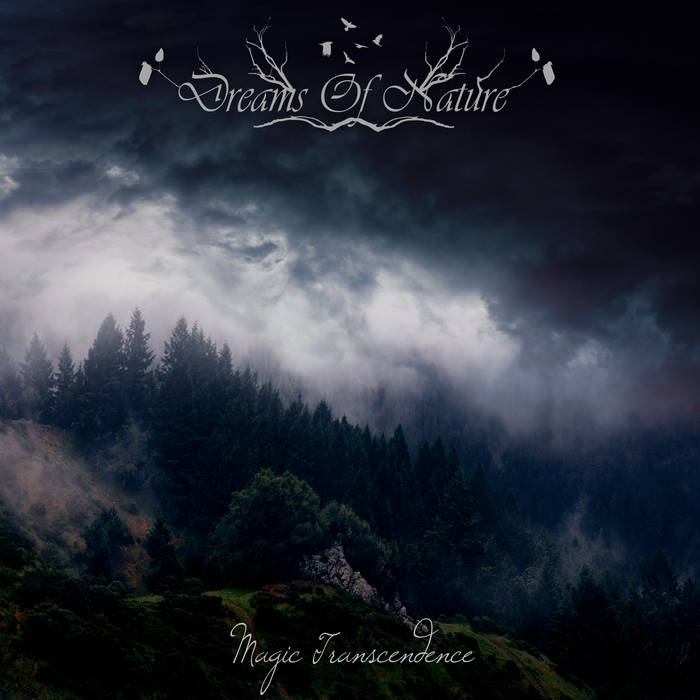
Why do you have the same dream?
Feeling of deja vu after sleep? It is likely that you just had a dream that you already had. This phenomenon is not to say that it is frequent, but it still happens. The frequency is strictly individual.
In general, such a problem is also often associated with the sphere of the unconscious, which signals an existing problem: an unresolved conflict, an unresolved situation, and the like. Another possibility is a strong subconscious desire for something that remains permanently in the subconscious and comes out in dreams. nine0003
Why do I have nightmares?
And here we have not gone far from the sphere of the subconscious. Psychologically traumatic situations that have happened in your life can lead to nightmares. Internal conflicts, fears and complexes.
But a banal external “influence” can also have an influence here. Nightmares can be caused by illness, the use of stimulants of various kinds, fatty or spicy foods before bed, as well as excessive fatigue and exhaustion of the body.
Sources:
- Dimitri Markov, Marina Goldman. Normal sleep and circadian rhythms: neurobiologic mechanisms underlying sleep and wakefulness // The Psychiatric Clinics of North America. - 2006. - Vol. 29, iss. 4. - P. 841-853; abstract vii. — ISSN 0193-953X
- Sleep and cognitive functions. [Electronic resource] - https://umedp.ru/articles/son_i_kognitivnye_funktsii.html
- Shcheglova, A.D., Poida E.E., Psychology of dreams. WORLD SCIENCE: PROBLEMS AND INNOVATIONS. Collection of articles LXV International scientific-practical conference. Penza, 2022, pp. 107-108. nine0022
- Mazin Viktor. Oneirography: Ghosts and Dreams / Ch. ed. S. G. Uvarova. - Nezhin: Vidavnitstvo "Aspect-Polygraph" LLC, 2008. - 304 p.
- Drongo, A.V., Krasnov, A.V. The relationship between the content of sleep and the mood of the dreamer. Issues of sustainable development of society. - 2022. - No. 8. — 203-207 p.
- Coupled electrophysiological, hemodynamic, and cerebrospinal fluid oscillations in human sleep [Electronic resource] — https://www.
 science.org/doi/10.1126/science.aax5440
science.org/doi/10.1126/science.aax5440 - Shcheglova, A.D., Poida E.E., Psychology of dreams. WORLD SCIENCE: PROBLEMS AND INNOVATIONS. Collection of articles LXV International scientific-practical conference. Penza, 2022, pp. 107-108. nine0022
Dreams today
Today
January 19,
Thursday
Waning Moon
27 Moon
Moon in Zodiac Streetz
Sleep of sleep:
77%
More about dreams come true todayWhy dream from Wednesday to Thursday
A dream reflects future events of a social and business nature. A vivid dream that the dreamer remembered in detail indicates the likelihood of favorable career changes on the coming Saturday or Sunday. Little-memorable pictures portend hard monotonous work. nine0003
Interpretation of dreams on the 27th lunar day
The dream is intended to rid the dreamer of erroneous ideas about his life. It demonstrates the depth of differences between the illusion and the real state of affairs. The benefits of such dreams can only be if they are correctly interpreted.
The benefits of such dreams can only be if they are correctly interpreted.
Dreams of the waning moon
Dreams of the waning moon are purifying: they indicate that they will soon lose their value in real life. Only dreams with negative content are embodied: they carry a good meaning. nine0003
Effect of January 19 on sleep
A dream may indicate quarrels, disagreements that will soon occur in communication with loved ones. You should not worry about such dreams: they are not realized soon and give the dreamer the right to change the situation for the better.
Interesting facts about dreams
Everyone dreams. But not everyone can remember them. But there is one but. People with serious mental illness cannot dream.
Popular dreams starting with the letter
Dream interpretation - interpreter of dreams. It helps to decipher the dream, predicts what events or changes in life you should prepare for. The interpretation of a dream depends on the details of the dream and on who dreamed it: a girl, a woman, a guy, a man, etc.
-
164
Dream Interpretation
-
11 670
Dreams
-
94 864
Dreams
The site presents more than 100 dream books. The most popular of them:
Miller's Dream Book
A popular classic interpreter of dreams. It was compiled by the American psychologist Gustav Miller at the beginning of the 20th century.
Vanga's Dream Interpretation
The author of the book is a blind clairvoyant from Bulgaria Vanga (Vangelia Pandeva-Gushterova). It is based on the wisdom and prophetic experience of a woman.
Family dream book
Family dream book is the most complete and universal collection of dream interpretations, which is suitable for all people, regardless of age, gender and professional direction. The dream book contains interpretations of dreams that are associated with family life. He also points to symbols that promise success or failure in business. nine0003
Freud's dream book
It was compiled by the Austrian psychologist Sigmund Freud in 1900. The author identifies three types of dreams: simple dreams - their interpretation is not difficult, reasonable - you need to think about their meaning, and curious - confusing and incomprehensible.
The author identifies three types of dreams: simple dreams - their interpretation is not difficult, reasonable - you need to think about their meaning, and curious - confusing and incomprehensible.
Dream Interpretation Hasse
Dream Interpretation Hasse is the work of a medium and soothsayer Miss Hasse. Her prophecies are based on esoteric writings. Miss Hasse also analyzes the dates and phases of the moon on which the dream occurred. The probability of fulfilling a dream depends on this. nine0003
Dream Interpretation of Evgeny Tsvetkov
This book was written by the writer, doctor of physical and mathematical sciences, occultist, artist and astrologer Evgeny Petrovich Tsvetkov. The author interprets dreams from a scientific point of view. His interpretations are adapted to the traditions and mentality of the Slavs and are most suitable for residents of the post-Soviet space.
Islamic dream book
Islamic dream book is a collection of interpretations of dreams based on the sacred books of the Koran and Sunnah, as well as the works of the prophet Imam Muhammad.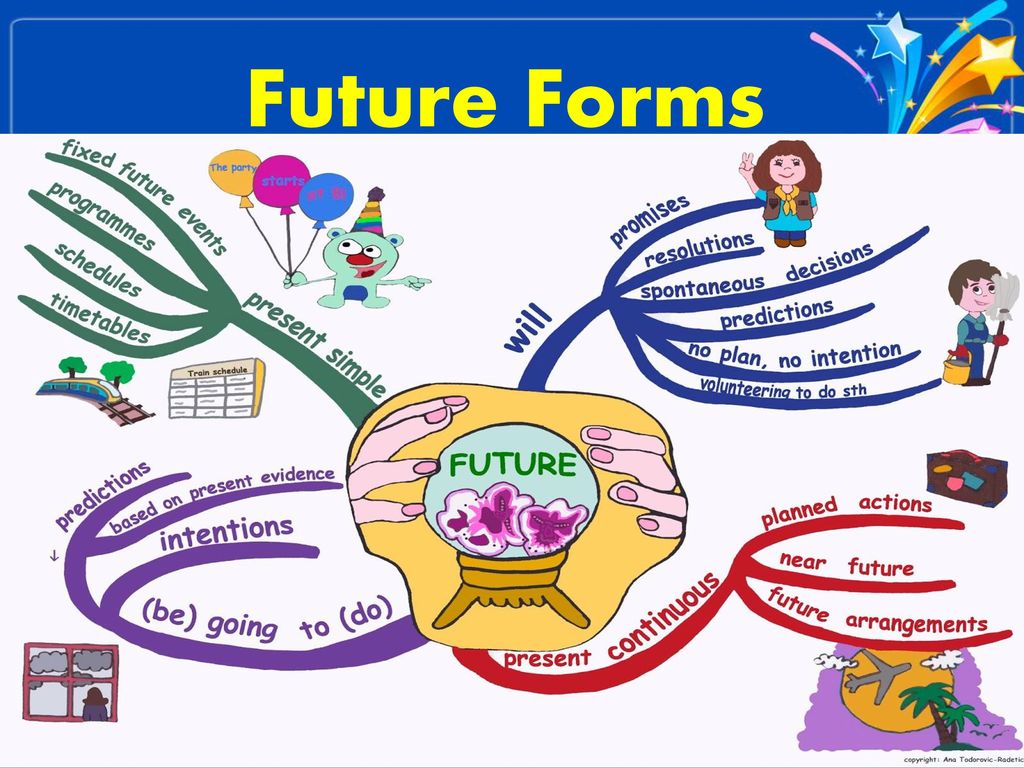 According to the Islamic dream book, dreams can influence a person's personality and can indicate the path that will protect from sin. It also gives examples of dreams that came true in reality. nine0003
According to the Islamic dream book, dreams can influence a person's personality and can indicate the path that will protect from sin. It also gives examples of dreams that came true in reality. nine0003
Muslim dream book
Muslim dream book is a literary monument based on the works of ancient Persian sages. The main source of the dream book is considered to be the Muslim encyclopedia "The totality of knowledge" and "The ascent of different sciences". The peculiarity of the Muslim dream book is that all phenomena and interpretations are arranged in a certain order. The sequence depends on the significance, according to religious ideas and the Muslim mentality.
Dream Book of Nostradamus
Dream Book of Nostradamus was written by the French astrologer, soothsayer, doctor and alchemist Nostradamus. His interpretations concern the distant future. Nostradamus adhered to the theory that every person sees dreams, according to which one can foresee the future of countries and the planet, social and natural phenomena.
Loff's dream book
Loff's dream book was written by psychologist David Loff. He individually approached the interpretation of each dream, depending on the characteristics of the dreamer. According to his theory, dreams depend on life experience, events that have occurred, the temperament and character of the sleeping person. The same image that two people dream of can be interpreted differently for each of them. nine0003
How to use the dream book
Type in the search bar or spell out the main image of the dream and read its meaning.
The main image of a dream is a dream object, phenomenon or living being. This is what was most remembered from a dream or around what or whom events developed.
In addition to the main image, pay attention to the details of the dream. They help to decipher the dream in more detail.
What time do you have to go to bed to get enough sleep
The table includes your wake up time and an additional 15 minutes to fall asleep.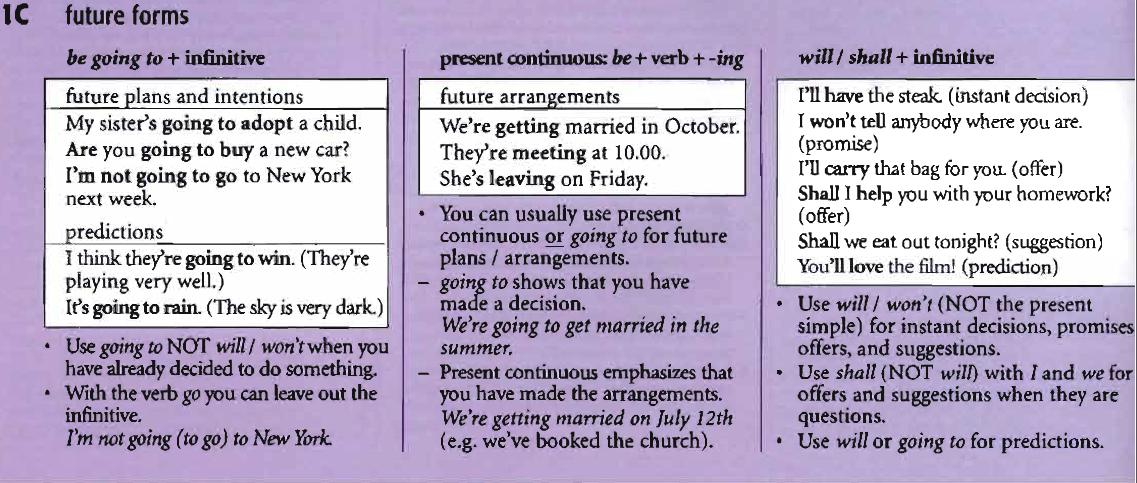
| Rise time | 5 sleep cycles | 6 Sleep cycles | ||
|---|---|---|---|---|
| 4:00 | :1520:30 | 19:00 | ||
| 4:30 | 20:45 | 19:15 | ||
| 21:00 | 19:30 | |||
| 5:00 | 21:15 | 19:45 | ||
| 5:15 | 21:30 | 20:00 | ||
| 5: 30 | 21:45 | 20:15 | ||
| 5:45 | 22:00 | 20:30 | ||
| 6:00 | 22:15 | 20: :15 | 22:30 | 21:00 |
| 6:30 | 22:45 | 21:15 | ||
| 6:45 | 23:00 | 21:30 | ||
| 7:00 | 23 p.m. 30 | 22:00 | ||
| 7:30 | 23:45 | 22:15 | ||
| 7:00) 00 :15 | 22:45 | |||
| 8:15 | 00:30 | 23:00 | ||
| 8:30 | " 45 |
Questions and answers about dreams and dream books
What is a dream book
Dream book is a systematic collection of interpretations of dreams. The interpretation of dreams helps to find a connection between dreams and reality. The dream book can answer the question: what is encoded in the object seen or image in a dream. nine0003
The interpretation of dreams helps to find a connection between dreams and reality. The dream book can answer the question: what is encoded in the object seen or image in a dream. nine0003
Why there are many dream books
Since ancient times, people have been trying by all means to look into the future, find out their fate, find healing. Dream interpretation is a beautiful, mysterious and amazing tool for this.
Over the centuries, dream books were created in different cultures, among different peoples, in different philosophies and religions. As a result, extensive collections of symbols, images and their interpretations appeared. The most popular collections of interpretations have come down to our time. nine0003
How to choose the right dream book for interpreting sleep
Among the many dream books, there are no right and wrong ones. Choose the one in which the interpretation of dreams is closest to your feelings or experiences.
What is a dream
Dreams are vivid images or reincarnated symbols in the consciousness of a sleeping person. In a dream, we can see, hear, taste or smell, and even touch objects. In dreams there can be a plot, intrigue, plot and denouement. Often a dream appears as a flash with clear images, figures. nine0003
In a dream, we can see, hear, taste or smell, and even touch objects. In dreams there can be a plot, intrigue, plot and denouement. Often a dream appears as a flash with clear images, figures. nine0003
Dreams form during REM sleep, when our brain activity is still quite high.
What you need to pay attention to in a dream and how to interpret it correctly
It is worth paying attention to all the details of your dream. Analyze what images you saw in a dream and at what periods of your life. Then compare the interpretations with the state of your health, with personal significant events. Find in the dream book a transcript of all the details, images and circumstances in the dream. Collected together, they will be able to show a real picture for interpretation. nine0003
If you are able to remember your dream in detail, you may have some personal prediction.
For example, in a dream you saw a candle. After waking up, try to remember what shape, color and where it was, who was present, whether the candle was lit, extinguished, decorative, church, what was done with it, whether it was in the hands or stood in the candlestick, in whose hands, which hands: dirty , beautiful, wearing gloves, what a candlestick was, they lit a candle or extinguished it, broke it, sold it, gave it, etc. nine0003
nine0003
Deciphering a dream will be easy if the process of solving it becomes another entertainment for you. Do not take dreams and their interpretations too seriously. Dream researchers advise keeping a dream diary. This approach allows you to look into the subconscious to better examine your own emotions.
What is a dream diary and how to keep it
From the point of view of self-knowledge, it is useful to keep a dream diary. Dream images and events are recorded in it. From the records, you can clearly see what worries you in reality, what problems remain unresolved for a long time, learn about your fears and phobias, and perhaps even about your deteriorating state of health. Over time, the images or plots of dreams can turn into amazing works: they become a script for a movie or a plot for science fiction books. In fact, you will create your own dream book. nine0003
Why do we have the same dream
Recurring dreams are dreams about a topic that bothers a person in his real life. If a person is clearly preoccupied with some situation, but in reality does not want to admit it, then the subconscious turns on a “beacon” in the form of an obsessive dream. Thus, information about an unfinished process or about stress that is present in the background in a person’s real life can be conveyed to a sleeping person.
If a person is clearly preoccupied with some situation, but in reality does not want to admit it, then the subconscious turns on a “beacon” in the form of an obsessive dream. Thus, information about an unfinished process or about stress that is present in the background in a person’s real life can be conveyed to a sleeping person.
How to get rid of obsessive dreams
To get rid of obsessive dreams, it is worth reviewing and changing your reactions and attitude to various circumstances in real life. The fact that the dream is repeated suggests that our reactions to some life situations remain unchanged, despite the warning in the dream.
Why nothing is dreaming
The ability to remember a dream largely depends on the presence of consciousness during sleep. Dreams are seen by everyone, but not everyone and not always remember them. One of the reasons for their absence is a violation of breathing, which prevents the body from entering the phase of "REM" sleep.
